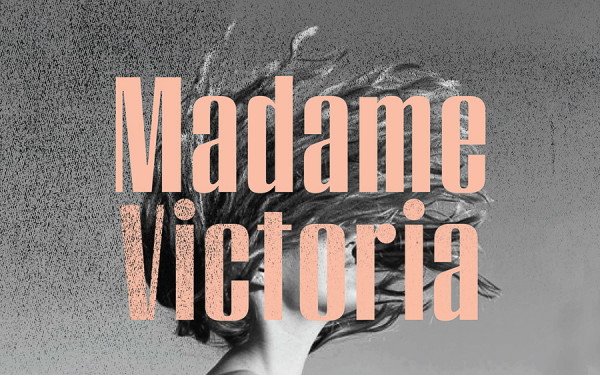Rap Battles and Activism
Concordia’s Rap Battle on Police Brutality
“Once you turn 30, it’s like they take the heart and soul out of a man, out of a black man, in this country. And you don’t wanna fight no more. And if you don’t believe me, you can look around, you don’t see no loud mouth 30-year old motherfuckers.”
These words, spoken at a Swedish radio station by the late Tupac Shakur in 1994, are still familiar to a contemporary hip-hop audience today due to their presence on Kendrick Lamar’s 2015 album, To Pimp a Butterfly.
On “Mortal Man,” the final track where this interview is sampled, Lamar replies by informing the ghost of Pac that the current state of the world begs to differ—young Black people are continually killed by police, and people keep getting angrier.
The perspectives of the two rappers seem to be exact opposites, but in reality they reflect the inner dichotomy of being Black in today’s society. Some people want to fight back and some just want to stay quiet, but there’s also an inner struggle.
—Video courtesy of Dan Parker
Every action has consequences, and this breeds inaction. The fear of being killed by police prevents some from protesting. The fear of being perceived negatively prevents some white people from participating in protests. To put it simply: The issue is not that simple.
How does one begin to try and fix this problem? Before it can be solved, the issue must first be talked about, and people must be informed. The Rap Battle Against Police Brutality workshop, held on Feb. 1 in Concordia’s Hall building, aimed to do exactly this.
Will Prosper, a former police officer, longtime civil rights activist and member of Montreal Noir, came to talk about his experiences on the topic of police brutality in Montreal, and specifically Montreal Nord where Canada’s poorest electoral riding is found.
The Canadian experience on this topic is relatively rare, with most Canadians thinking of police violence as something that just doesn’t happen here. However, the reality is that many of these racial issues that we see as distinctly American greatly affect us as well.
Prosper backed this up in the workshop with numbers, saying that the incarceration rate for Black people in Canada has increased by 70 per cent over the past ten years, and 35 per cent for Indigenous people in the same period of time.
“There’s only one gender, one type of person [where this] has decreased, and that’s the white man.” – Will Prosper
“There’s only one gender, one type of person [where this] has decreased, and that’s the white man,” said Prosper. He also recounted various stories where police had killed innocent Black people and people of colour in Canada in recent history, referring to the deaths of Fredy Villanueva and Jean-Pierre Bony in Montreal Nord.
In the latter case, he highlighted the media coverage of events like these, saying “what the media and the police likes to do is that they like to put the spotlight on the [victim’s] brother because he was apparently a gang member.”
Along with this, he noted that he personally had been pulled over at least forty times by police over the course of his lifetime, despite not having a criminal record. “As soon as I started to drive at 16 years old, the police were on my back,” Prosper said.
Hip-hop emcee Meryem Saci of Nomadic Massive was also present at the event, and walked the workshop attendees through her creative process. Saci also spoke of her background and perspective on police brutality and discrimination as an Algerian refugee.
“I come from a third world country, I came here as a refugee, so I’m extremely political in my raps,” said Saci.
However, Saci mostly focused on how attendees could articulate all this information on the topic they were receiving as well as their personal thoughts on it in a creative, constructive way.
“Ultimately, writing is your own therapy. That is my opinion. That is, for me, expression of the oppression is the remedy to oppression,” she noted.
Issues as complicated as police brutality can’t be solved with a simple workshop, but providing education on these topics as well as giving people a space to articulate their opinions is a very good start.
We can only hope that there are more events like this on campus, and that those who attend will feel empowered enough to enact the change they wish to see on their world.
Branden On is a member Concordia Hip Hop Community, a student club that is co-organizing the Rap Battle Against Police Brutality taking place on Feb. 15 at the Belmont on 4483 St. Laurent Blvd.




_600_375_90_s_c1.jpg)
_600_375_90_s_c1.jpg)
